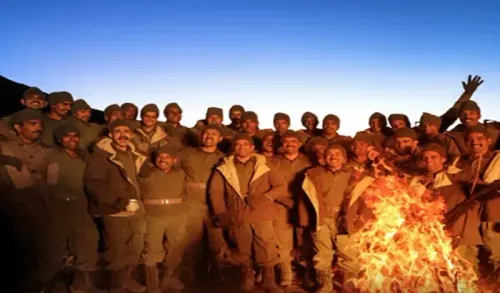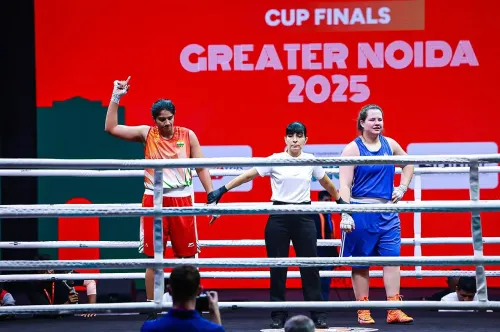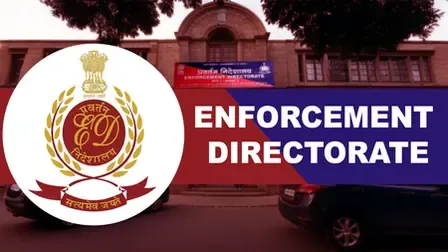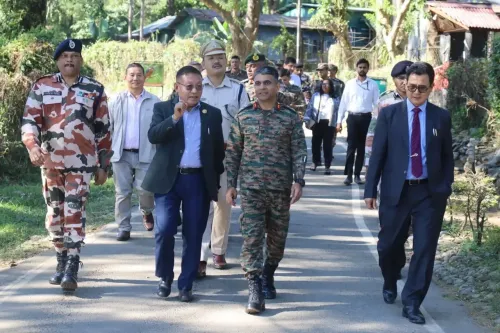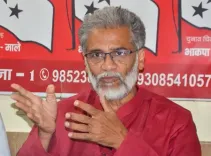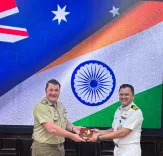'Swasth Nari, Sashakt Parivar'? Nadda Celebrates Unprecedented Health Outreach
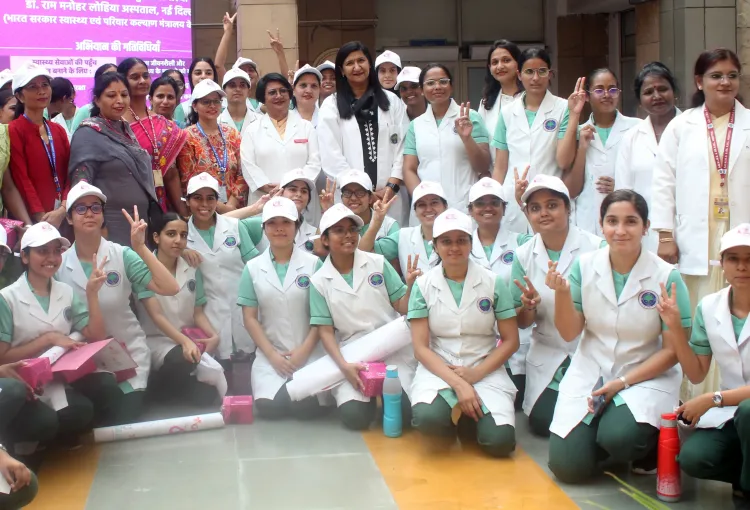
Synopsis
Key Takeaways
- 6.5 crore women screened during the initiative.
- More than 62.60 lakh antenatal check-ups conducted.
- Over 1.43 crore children received vital vaccinations.
- Involvement of numerous health institutions, including AIIMS.
- Nationwide collaboration for women's health empowerment.
New Delhi, Oct 4 (NationPress) Union Health Minister J.P. Nadda announced on Saturday that the two-week-long 'Swasth Nari, Sashakt Parivar' initiative has achieved a historic milestone, reflecting the nation's unified dedication to placing women's health at the forefront of robust family structures.
The health camps, inaugurated by Prime Minister Narendra Modi on his birthday, September 17, concluded on Thursday and have positively impacted over 6.5 crore women, alongside children and families, through extensive health services.
Nadda highlighted that during this health initiative, 6.5 crore women underwent screenings at nearly 18 lakh health camps nationwide.
This initiative represents the most extensive health outreach ever undertaken for women and children in India.
In a post on X, Nadda remarked, "Initiated on 17th September by Prime Minister Narendra Modi, the two-week-long 'Swasth Nari Sashakt Parivar Abhiyaan' wrapped up on 2nd October, achieving a historic milestone of screening 6 crore 50 lakh women through nearly 18 lakh health camps across the country."
He continued, "This remarkable accomplishment showcases the nation's collective determination to put women's health at the core of thriving families and communities. We must maintain this momentum by encouraging every woman to focus on her health, undergo regular check-ups, and lead the charge towards a healthier and empowered future."
Additionally, these camps facilitated over 62.60 lakh antenatal check-ups, and more than 1.43 crore children received essential vaccinations.
Alongside the extensive network of NHM health camps, institutions like AIIMS and other Institutes of National Importance (INIs), tertiary care hospitals, Ayushman Arogya Mandirs, medical colleges, and private establishments have played crucial roles in this national effort.
These facilities conducted thousands of specialized camps, offering advanced screenings, diagnostics, counseling, and treatment services to beneficiaries, complementing the dedicated efforts of state governments and community health workers.

